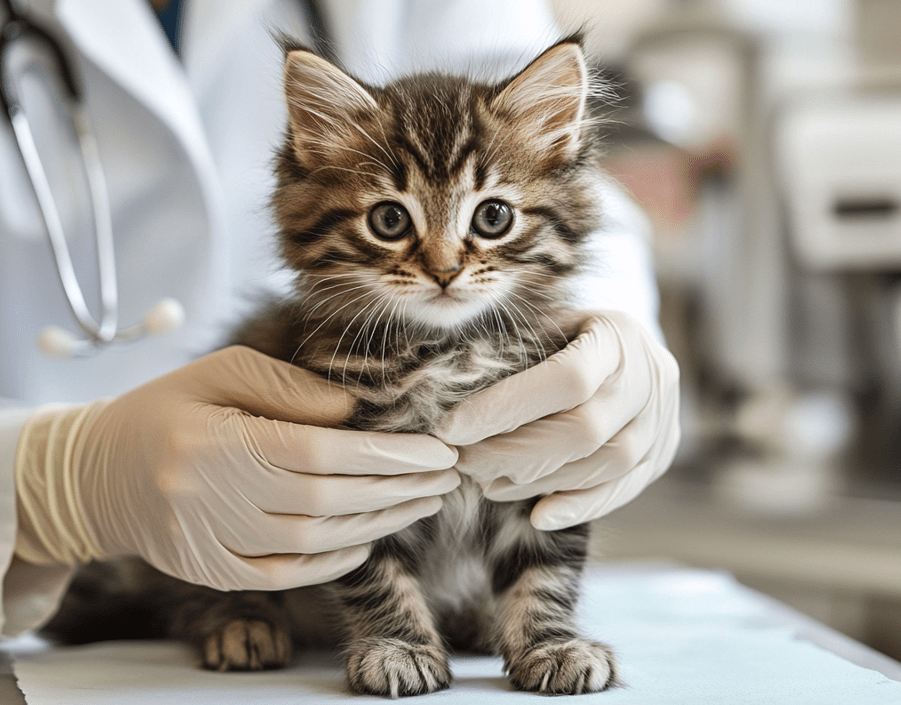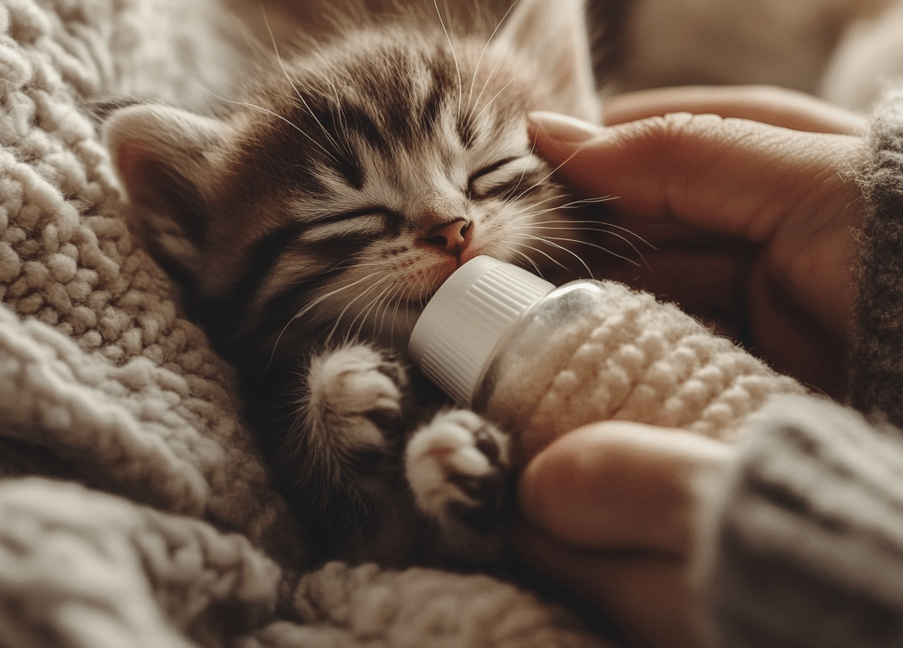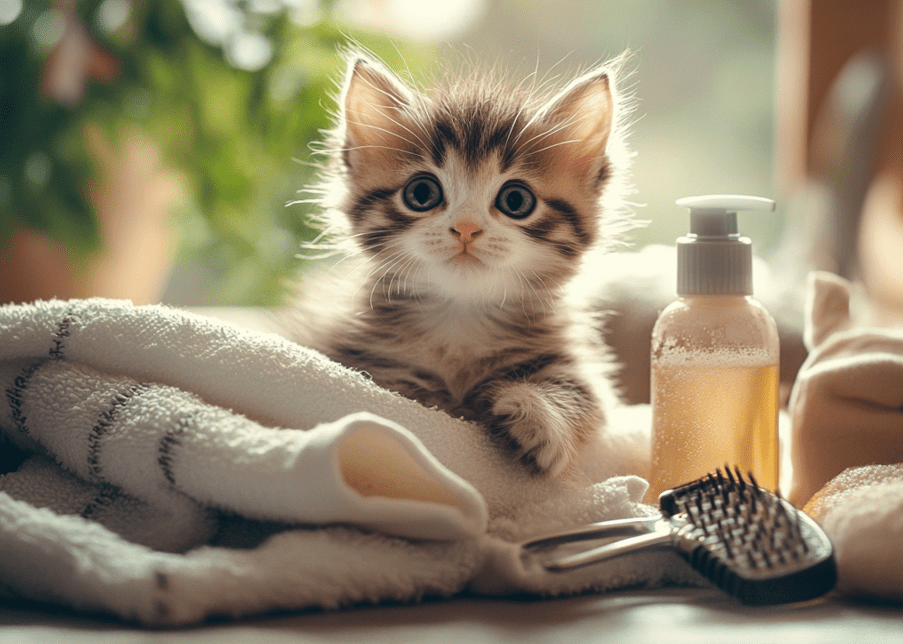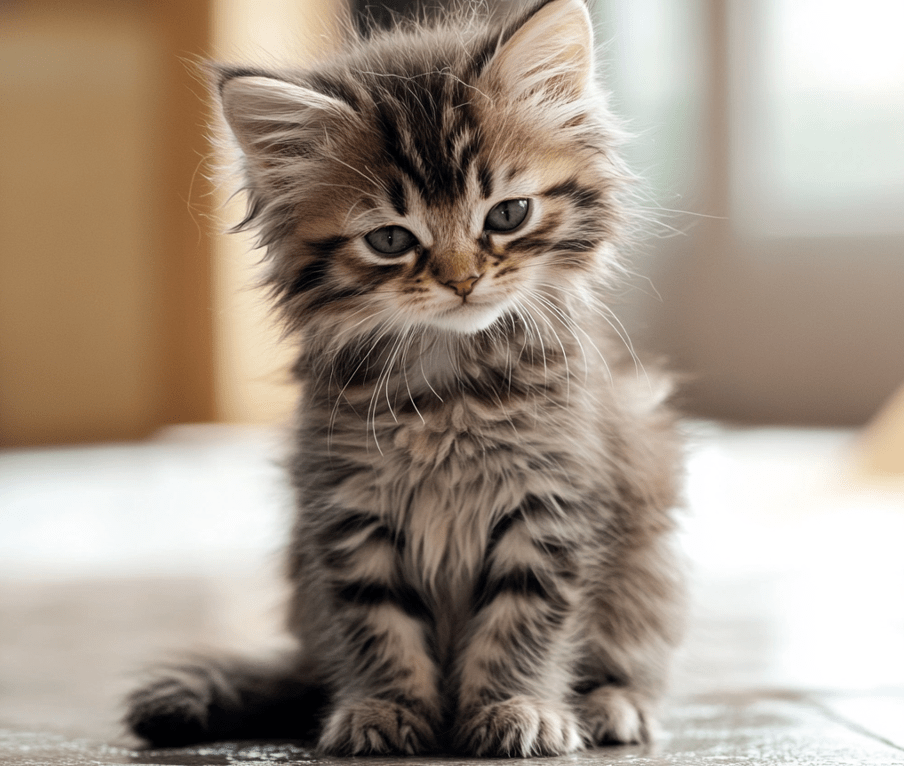
Just like any baby animal, kittens are prey to a lot of assorted diseases because they have an underdeveloped immune system and they are exposed to a whole lot of new things in the environment. While others are infectious, like viral, bacterial or parasitic infections and some conditions may be congenital or inherited. The good news is that they can all be prevented by kitten vaccinations. Discover common kitten illnesses and how to recognize, manage, and avoid them. Before diving into treatment options, it’s important for pet owners to consider kitten health insurance, which can help cover veterinary expenses related to these common illnesses.
Upper Respiratory Infections
Kittens are commonly affected by upper respiratory infections, frequently involving viruses such as feline herpes virus (rhinotracheitis) and feline calicivirus. They are very contagious and most cats will be exposed to them at some point. Luckily, core vaccines are available that will protect against both viruses. Cats who are infected and have previously been vaccinated develop milder symptoms than those in the initial infection phase.
Bacteria can also be causes of some upper respiratory infections, although respiratory systems are frequently caused by a viral agent. The most common bacterial causes of upper respiratory system infection include Bordetella, Mycoplasma and Chlamydia species. The nasal discharge of cats with bacterial infections is usually opaque, milky in appearance because it is often mixed with pus and mucus. These cats will probably then have to get antibiotics. The chlamydia infections that cats get are not the same as the sexually transmitted disease of humans, however and it may nonetheless cause corneal ulcers in humans, a rare possibility.
Most cats with signs of a respiratory infection do not require medical treatment, but any cat that stops eating or has trouble breathing, or whose eyes are conjunctivitis (they close their eyes to slits, hold their eyelids shut much of the time or rub at the eye) should be evaluated by a veterinarian.
Problems with Cats’ Eyes
Cats can experience various eye issues that may signal underlying health problems. Problems with cats’ eyes can range from mild irritations to serious conditions. Common symptoms include watery eyes, redness, squinting, or discharge, which could be indicative of conditions like conjunctivitis, corneal ulcers, or upper respiratory infections. Eye problems can also be caused by foreign objects, injury, or inherited conditions such as cataracts. If you notice any changes in your cat’s eyes, it’s important to consult a veterinarian for a proper diagnosis and treatment to prevent long-term damage or vision loss. Early intervention can help maintain your cat’s eye health and comfort.
Feline Distemper or Panleukopenia
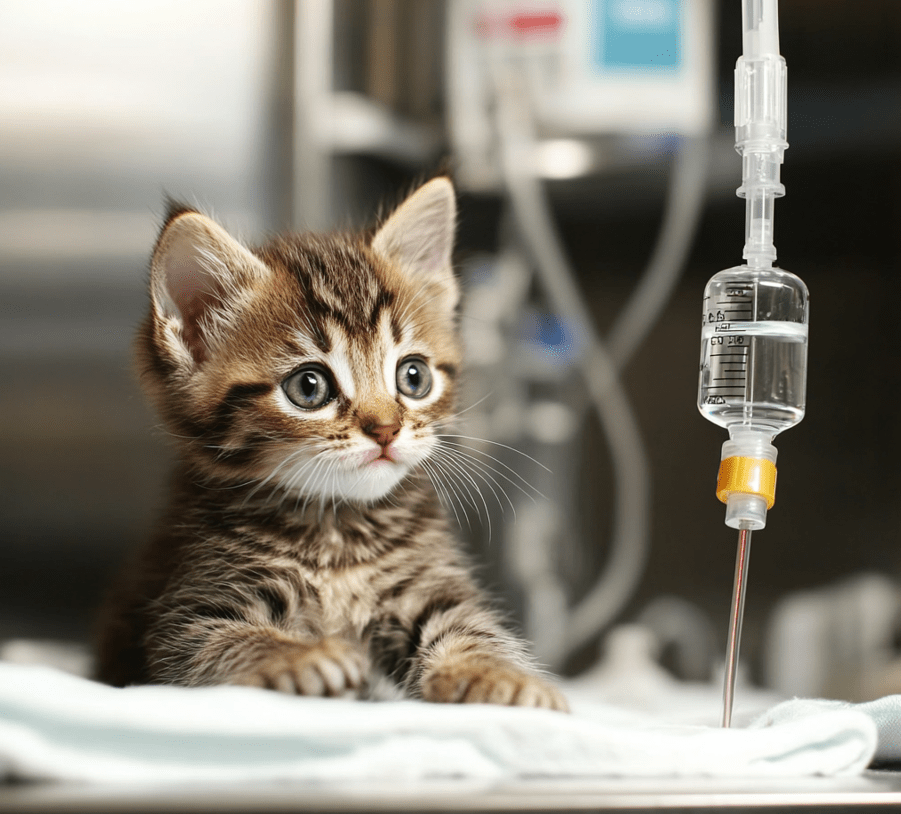
Panleukopenia is a severe viral infection, highly contagious that attacks the cells of the bone marrow and those which line the inside of the gut causing severe vomiting, diarrhea, dehydration and sepsis (blood infection). It is mostly spread through bodily secretions and can be quite stable in the environment. It is also in large multi-cat groups where the disease can quickly spread. When dealing with severe diseases like Feline Distemper, it’s advisable to have health insurance for cat, which can provide support for the extensive medical care required.
Panleukopenia is a serious disease which requires hospitalization under intensive care in most cases and often results in death. Preventative steps are always better, and fortunately the panleukopenia vaccine is both safe and effective.
Feline Immunodeficiency Virus (FIV).

Feline Immunodeficiency is a virus from the retrovirus family which causes damage to the host immune system. This is due to their weakened immune systems, rendering cats with FIV more susceptible to those opportunistic infections. Most cats with FIV can live healthy lives for years before they show signs of disease, and a number of studies have shown that their lifespan is not shortened.
FIV-positive cats are also more susceptible to some dental disease and need to be monitored carefully by a vet for this. An alternate non-core vaccine for FIV is available but because it injures the vaccinated cats and provides only partial immunity that lasts less than a year, we do not recommend this in every cat—only cats at high risk such as outdoors, or living with an FIV + cat.
Feline Leukemia Virus (FeLV)
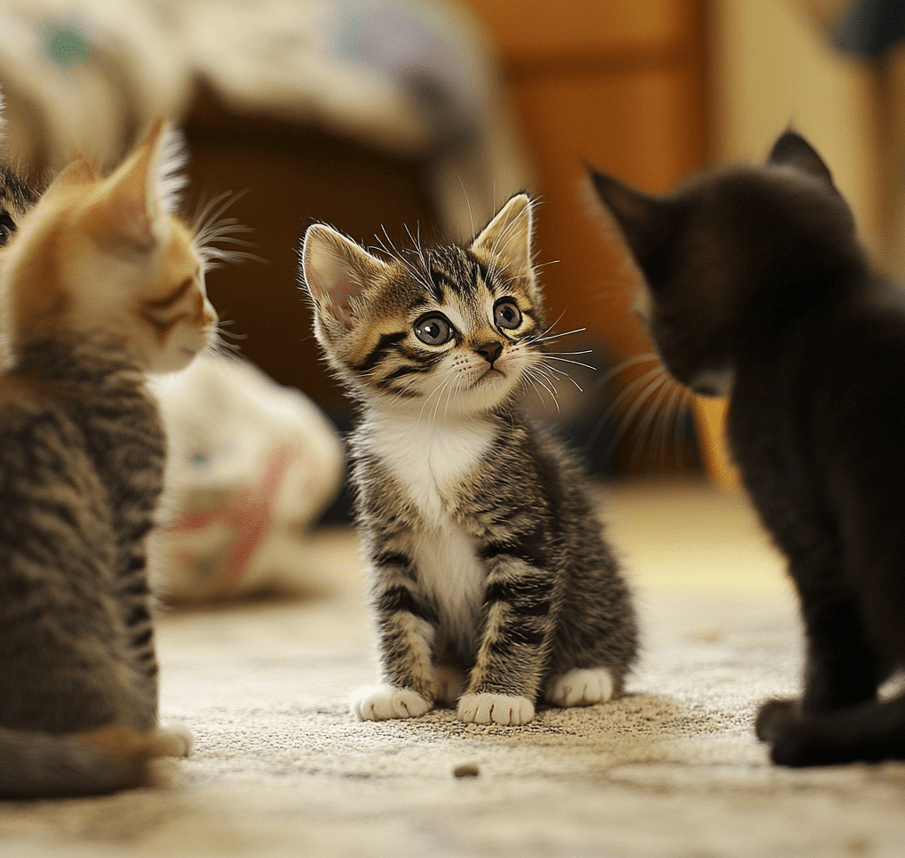
An extremely virulent retrovirus that can be spread through casual contact (i.e. shared food dishes, litter boxes, grooming each other) and in-utero from a mother cat and even during nursing. Virtually all cats with FeLV succumb to other fatal syndromes because the virus suppresses the cat’s immune system.
Rarely a cat may have a regressive infection where the virus hides in their body without actively replicating then tests will be negative. These cats will have low to no risk of developing diseases associated with FeLV but the virus can be reactivated. A non-core vaccine is available for prevention of FeLV infection and is primarily used in outdoor cats that are at high risk for exposure to the virus.
Feline Infectious Peritonitis (FIP)

Feline infectious peritonitis is a bit of a weird disease — it is an abnormal response to one of the most ubiquitous infections in all cats, which is feline coronavirus. What it really comes down to: Coronavirus is a common virus in cats and most if not all cats with coronavirus have no symptoms or mild, self-resolving ones. This coronavirus, in rare cases, mutates into FIP, almost always ultimately fatal.
Cats that live with lots of other cats may be at a higher risk, as well as specific purebred types such as ragdolls, Abyssinians, rexes, himalayans and bengals have an increased chance of developing FIP. There are various forms of FIP, so symptoms can differ but typically lethargy, poor appetite and weight loss.
Intestinal Parasites

1.Intestinal parasites: Diarrhea, vomiting, weight loss, an increased abdomen (pot belly) and a dull coat are potential signs of the various intestinal worms that kittens may pick up. Untreated they can be life-threatening for a kitten. Using dewormers may help kill the parasites, though other medications may be necessary in certain scenarios. The following are the most normal inside parasites in a young kitten:
2.Spaghetti: Worms that live in the intestines of cats, roundworms feast on the nutrients eaten by your cat. These infections are often spread from mother to kittens while the kittens are still in the womb or as they nurse. These worms may also infest kittens and adult cats after consuming soil or animals-insects with roundworms.
3.Hookworms: These small worms fasten on the wall of the intestine and feed on cats blood. They can get them from the environment, like litter with oocysts, or in soil.
4.Giardia: One of the most common infections in young kittens is giardia, a protozoan parasite that can literally make a cat very sick. It can be contracted after a cat drinks water that has been contaminated or when an infected cat is in close proximity to another.
5.Coccidia: Coccidia is a parasite that resides in the intestines and elicits an inflammatory response, especially so in kittens. It is typically acquired when a cat or kitten ingests an infected rodent, or stools of an infected animal which performs the colon cleansing.
6.Tapeworms: However, tapeworms are not typically symptomatic (no signs or symptoms and no secondary problems) unless they are transmitted by fleas.
Fleas and Related Diseases

Fleas are a lot more than an annoying problem, particularly for kitty cats. Fleas can make a cat very itchy and can lead to skin problems, as well as passing on disease.
1.Hemotropic Mycoplasmosis
Hemotropic mycoplasmosis is an infection of red blood cells previously called Haemobartonella or Haemobartonellosis that can lead to anemia. In the very worst cases, it can be fatal (this is especially true in kittens), and treatment in some cases requires a blood transfusion. The specific modes of transmission are poorly understood but it is believed that fleas and mosquitos may serve as vectors, in addition to vertical transmission from queen to kittens or via bite wounds.
2.Anemia
Unfortunately anemia may still develop in kittens through a different process if a large number of fleas are ingesting blood–even if a kitten does not contract hemotropic mycoplasmosis from the fleas. The former might need a blood transfusion in addition to some very serious flea degradation.
Ear Mites
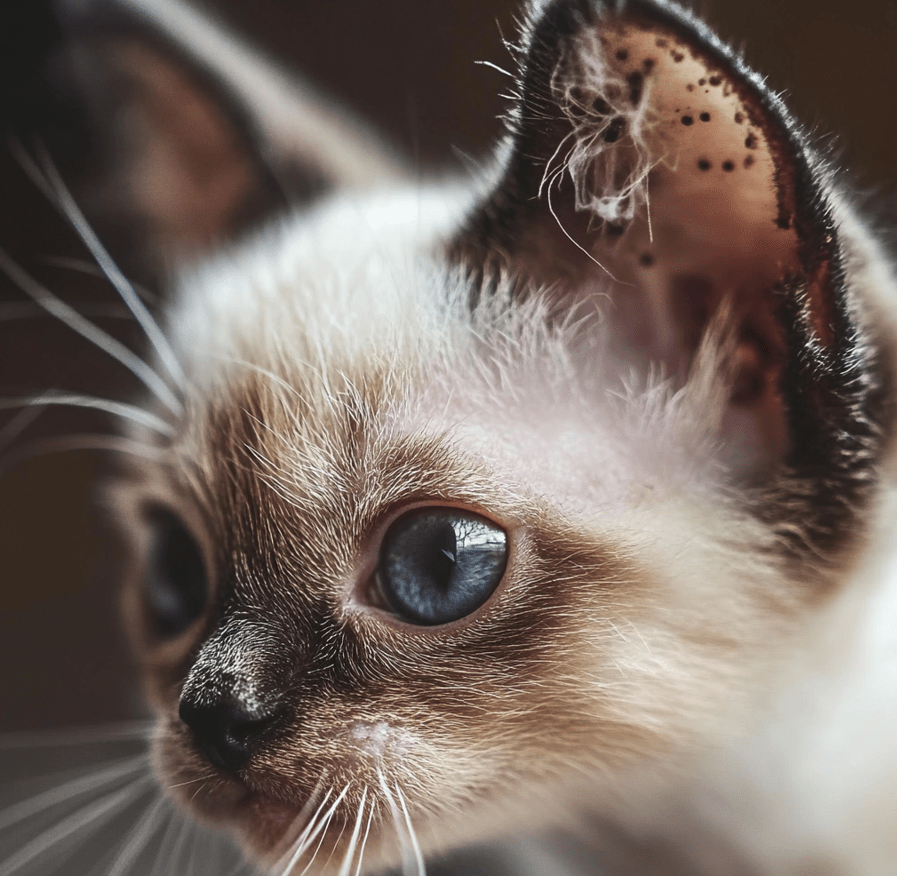
Ear mites are tiny bugs that can infest a kitten’s ears, leading to relentless itching and dark discharge. They are very infectious and pass from cat to cat,cat to kitten easily direct and leave a veritable trail behind. Ear mites in cats are easily treatable with a topical medication.
Fading Kitten Syndrome (FKS)
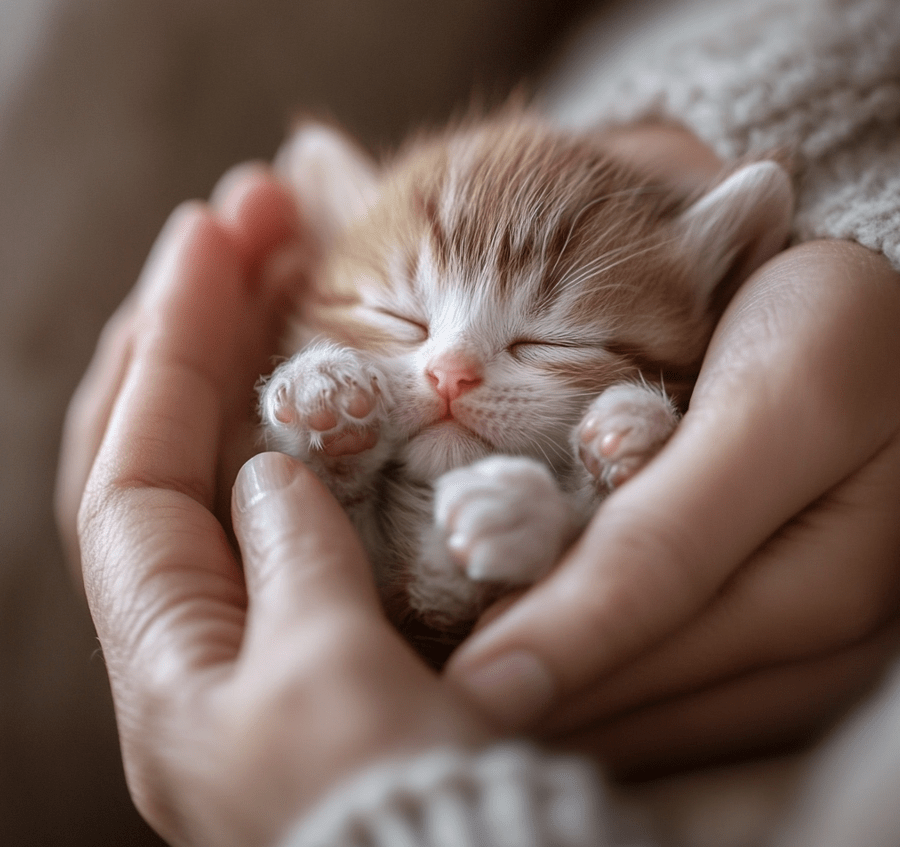
Newborn kittens die of various causes. Fading kitten syndrome describes this. Having raised newborn kittens, especially those who need to be bottle-fed, anyone will be familiar with this syndrome, which can be seen soon after birth or until the kittens are weaned. In a large number of cases, one cannot identify any cause for an infant death as the kitten may lose weight rapidly and then quietly pass away before any diagnosis can be made whatsoever.
Deafness
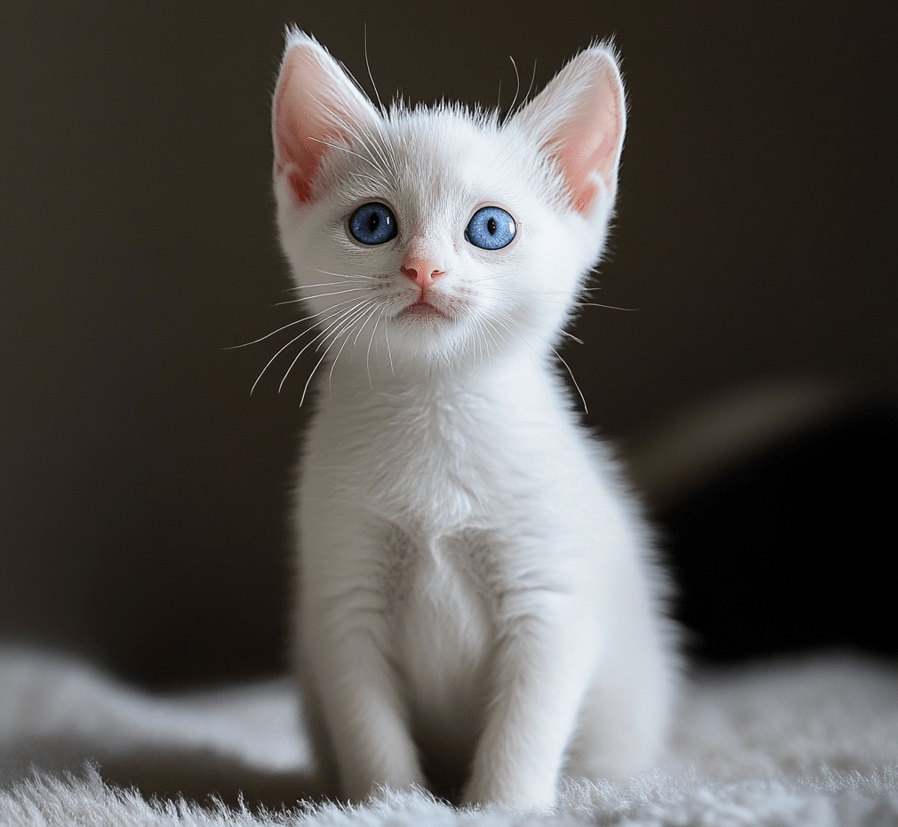
This type of deafness, known as congenital deafness, is where a kitten is born without any hearing. The fact that such cats are deaf does not adversely affect their quality of life, but owners may observe that a deaf cat will meow very loudly or play more violently with other cats. These colored white cats, which have two blue eyes remaining, are predisposed to being deaf because they inherit together.
They do not have any specialized care needs themselves but their humans must know that it might scare them to suddenly wake up because they will not hear one approach and should be gently roused. Because they cannot hear incoming danger, they should never be allowed outside.
Hip Dysplasia

Hip dysplasia is a typical orthopedic devastating disorder happening from malformation and abnormal bone growth in one or both hips. It is a genetic disease. However, cats are less affected by this disease. Dogs are more affected. Although cats can be cured of this disease by surgery. Most cats with hip dysplasia are not symptomatic for the disease, and in those cases no intervention will be indicated.
Polycystic Kidney Disease (PKD)

Polycystic kidney disease is more common in Persian cats or similar breeds. It’s a degenerative genetic disorder that affects the kidneys and often goes undiagnosed until symptoms appear later in life. Responsible breeders have been testing their breeding queens to try and keep the PKD gene from entering their lines.
Rabies
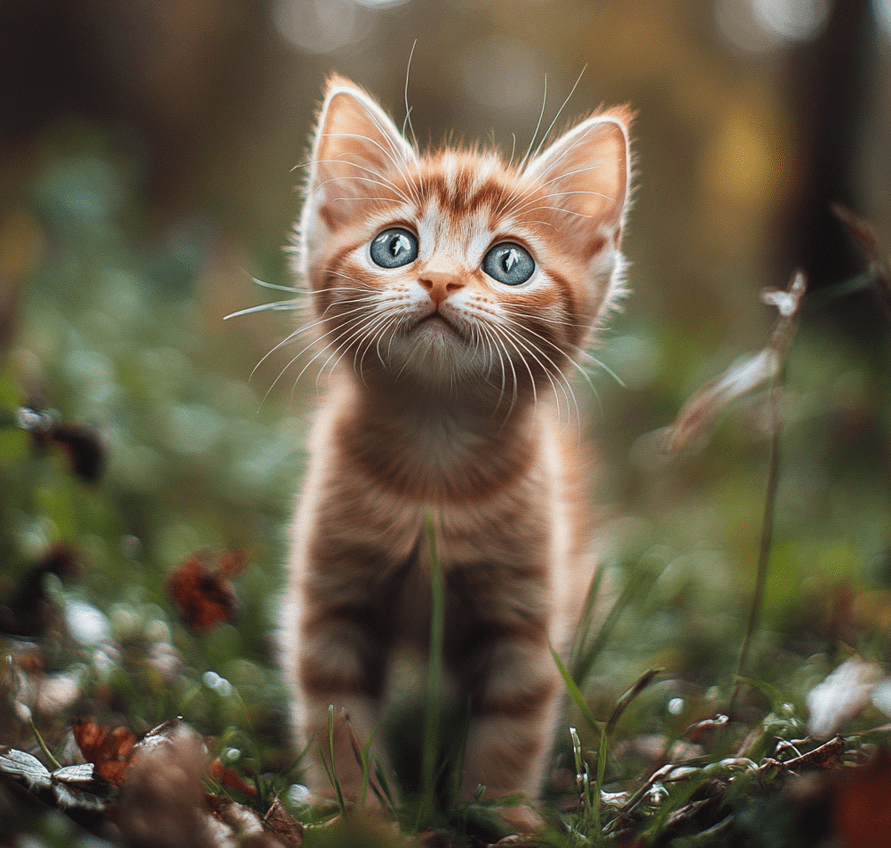
Rabies is an acute, rapidly progressive viral encephalomyelitis. This virus is transmitted from the bite of an infected dog or cat. Rabies, though uncommon in cats and kittens, is common enough in wildlife that it poses a real threat to human and domestic animals. Rabies is fatal in nature and there is no cure or treatment, however the vaccine is incredibly effective against the virus.

